
How do Ultra Short Peptides from Prof. Khavinson work
The impact of ultra-short peptides is already noticeable as more and more research studies are headed to find new active bioregulator formulas for health support.
Ultra-short peptides typically consist of only a few amino acid residues, typically ranging from 2 to 9 amino acids in length. Despite their small size, these peptides can exhibit specific biological activities due to their well-defined structure and ability to interact with biological targets.

How do ultra short peptides work?

Ultra-short peptides are formed by the bonding of amino acids through special peptide bonds. While larger peptides and proteins can exhibit complex secondary structures, ultra-short peptides don’t form stable secondary structures on their own due to their short length. However, they can adopt certain local structural elements that contribute to their biological activity.
Now, this type of peptides often exhibit conformational flexibility, allowing them to adopt different shapes or conformations in response to their environment or when interacting with target molecules in living tissue. They can even mimic key functional sequences found in larger proteins.
Ultra-short peptides can bind to specific receptors on cell surfaces or within cells. This binding can trigger signal transduction pathways, leading to changes in cellular behavior, gene expression, or metabolic activities. Certain ultra-short peptides also have sequences that allow them to interact with DNA or RNA molecules. In cases like that, they bind to specific regulatory regions of DNA or RNA, affecting transcription, translation, and other nucleic acid-mediated processes.
Wellness and short peptides: a good promise for the future of medicine
Professor Vladimir Khavinson conducted extensive research in the field of peptide bioregulators, focusing on their potential therapeutic applications and mechanisms of action. His research has highlighted the ability of peptide bioregulators to influence gene expression through epigenetic mechanisms. These peptides can interact with DNA and regulatory proteins to modulate gene transcription, promoting cellular repair and regeneration.
Professor’s research also showed that peptides derived from specific tissues have been shown to exert pronounced effects on the same tissues in the recipient organism.
Peptide bioregulators studied by Khavinson have also demonstrated immunomodulatory effects ‒ they can enhance immune responses, increase the production of antibodies, and improve the function of immune cells.
 Ultra-short peptides have emerged as versatile tools in medicine, owing to their unique properties and diverse applications. One significant area of application lies in drug delivery systems, where these peptides are modified to improve the uptake and targeting of therapeutic agents. By enhancing bioavailability and reducing systemic side effects, they facilitate more effective treatments.
Ultra-short peptides have emerged as versatile tools in medicine, owing to their unique properties and diverse applications. One significant area of application lies in drug delivery systems, where these peptides are modified to improve the uptake and targeting of therapeutic agents. By enhancing bioavailability and reducing systemic side effects, they facilitate more effective treatments.
- In cancer therapeutics, ultra-short peptides have been tailored to selectively target cancer cells. They can induce programmed cell death in tumors or inhibit their growth by disrupting critical signaling pathways involved in cancer progression. These peptides hold potential for more targeted and less invasive cancer treatments.
- Moreover, ultra-short peptides play a significant role in regenerative medicine and wound healing. They stimulate cell proliferation, enhance collagen synthesis, and modulate inflammatory responses, promoting tissue repair and regeneration. These properties are particularly valuable in treating injuries and chronic wounds.
- Furthermore, ultra-short peptides have immunomodulatory effects, regulating immune responses by influencing cytokine production and enhancing immune cell activity. This capability makes them potential candidates for treating autoimmune disorders and enhancing immune responses in vaccine development.
Ultra-short peptides also impact aging processes by promoting cellular regeneration, reducing inflammation and oxidative stress. These effects contribute to maintaining overall health, vitality, and quality of life as patients age.

Thyroid Disease: What It Is, Causes, Symptoms & Treatment
Read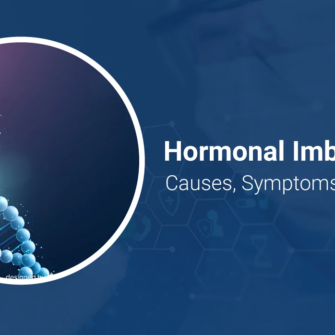
Hormonal Imbalance: Causes, Symptoms & Treatment
Read
Unleash your healing power with peptides: how to use the magic of peptides for optimal health
Read
What are good peptides for menopause?
Read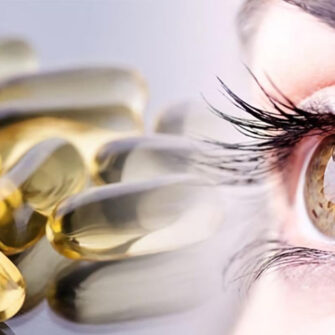
Peptides For Eyesight: Fight Macular Degeneration
Read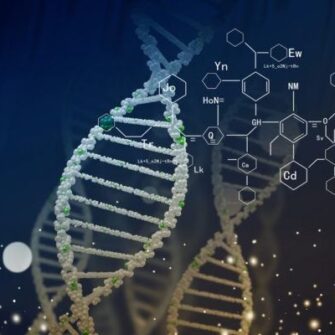
Why are Bioregulators are so Important for your health
Read

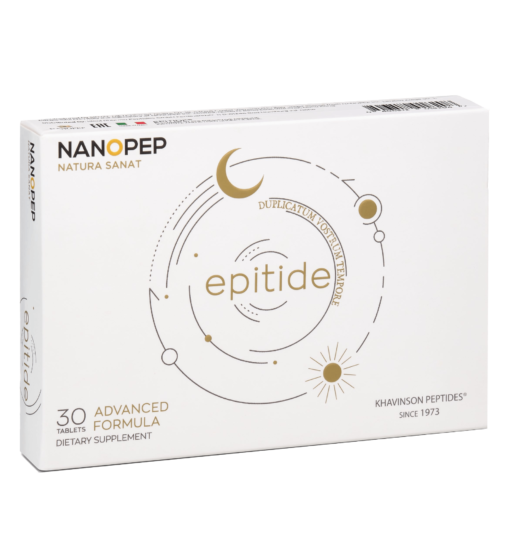
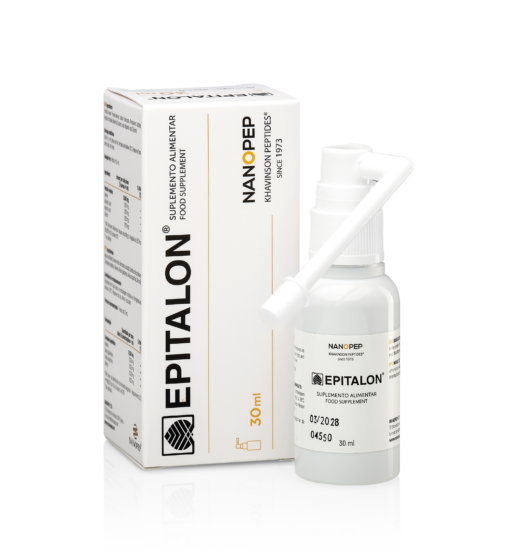
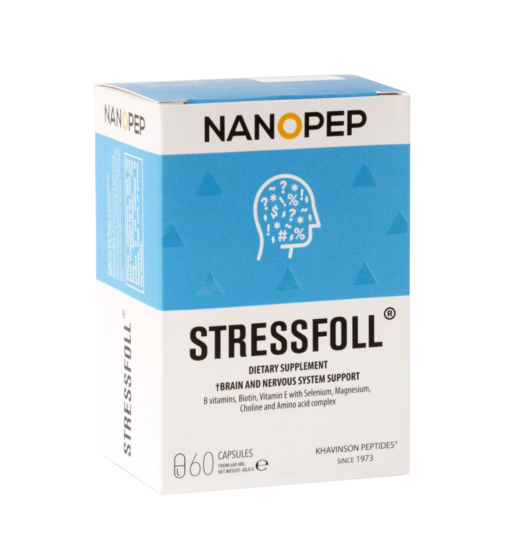
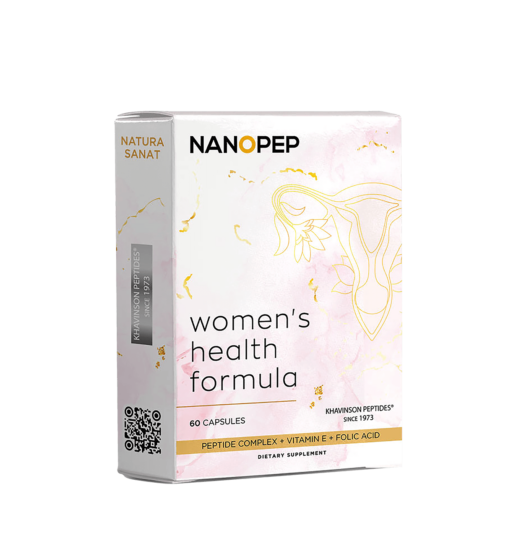
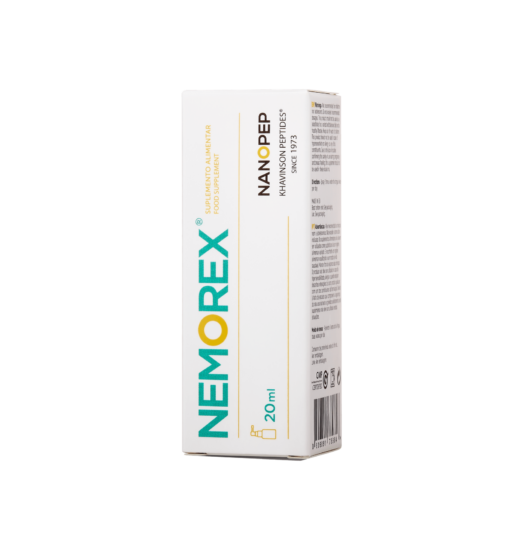
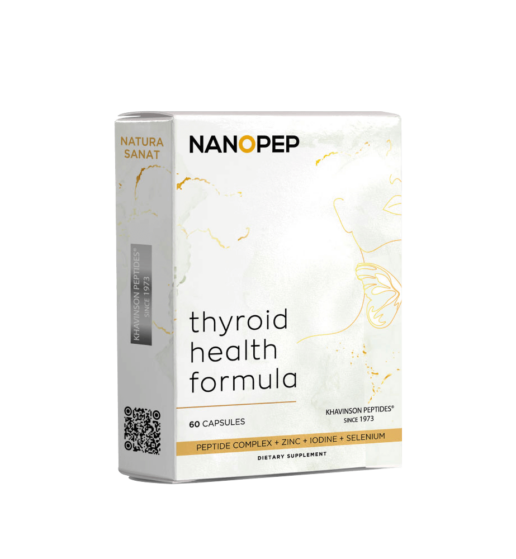
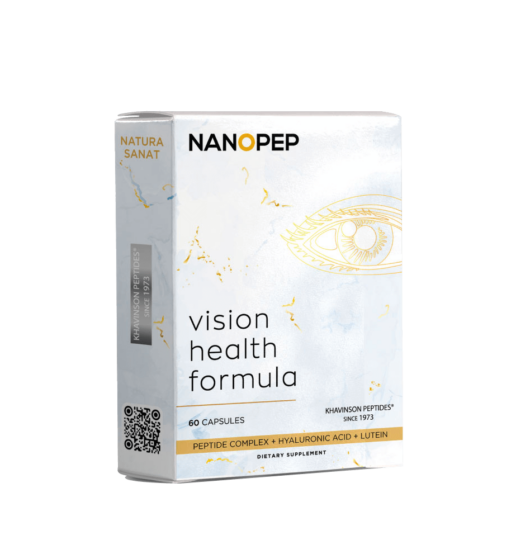
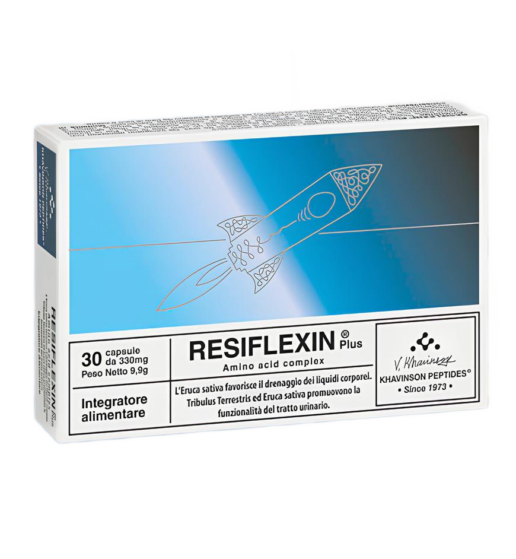
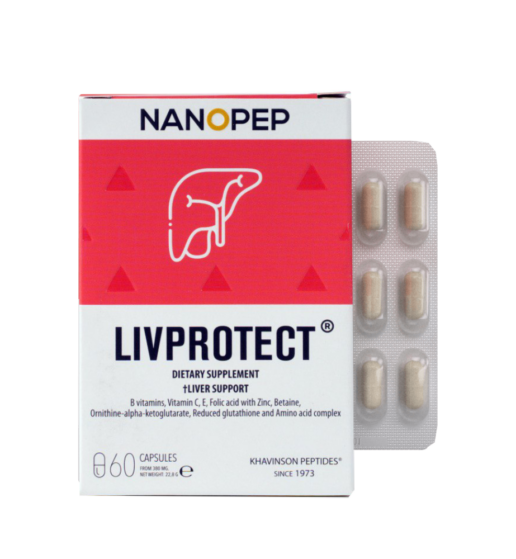
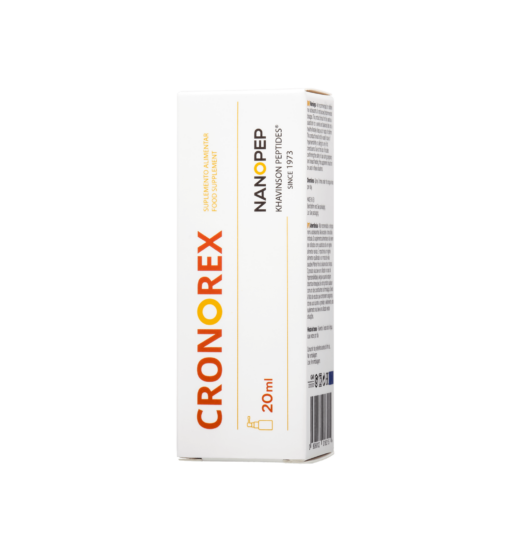
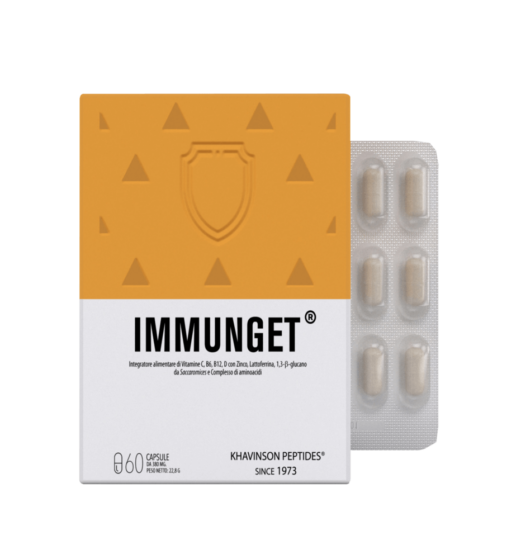
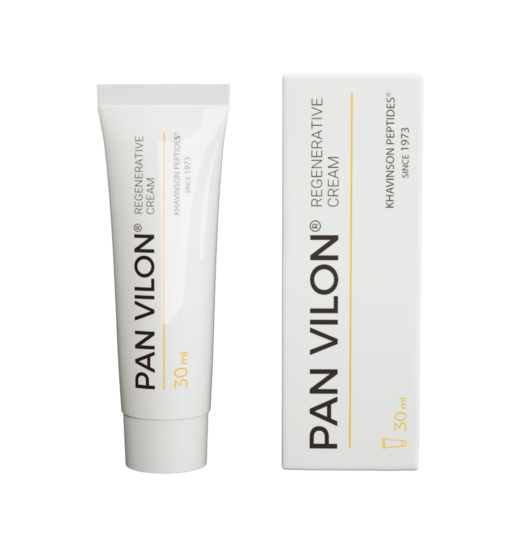
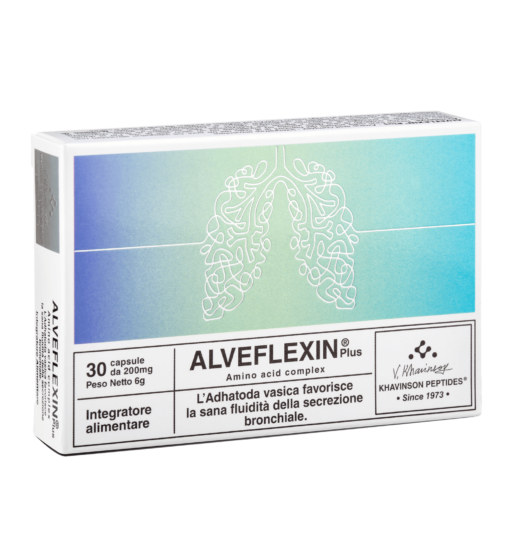
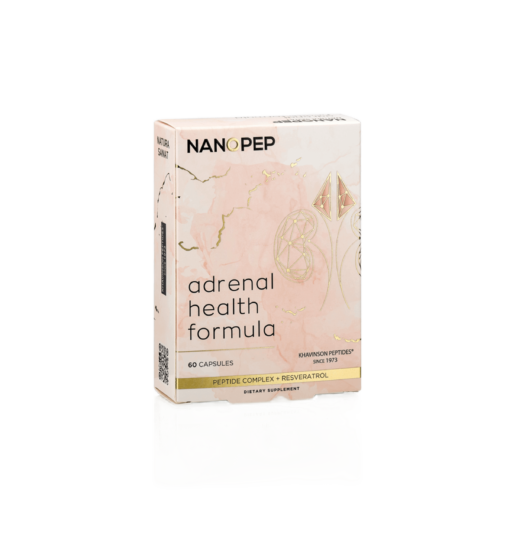
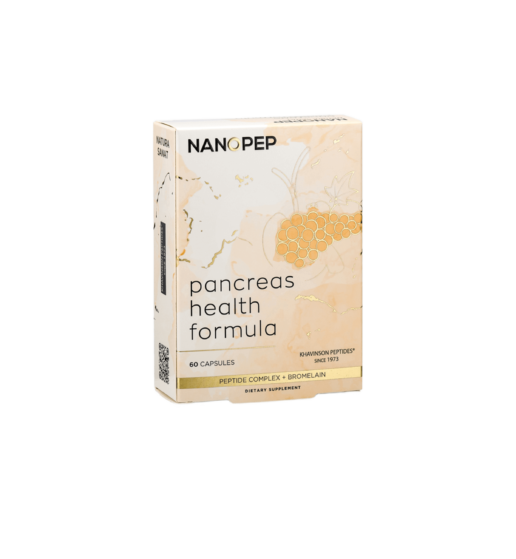
Sounds great interested in becoming a distributor